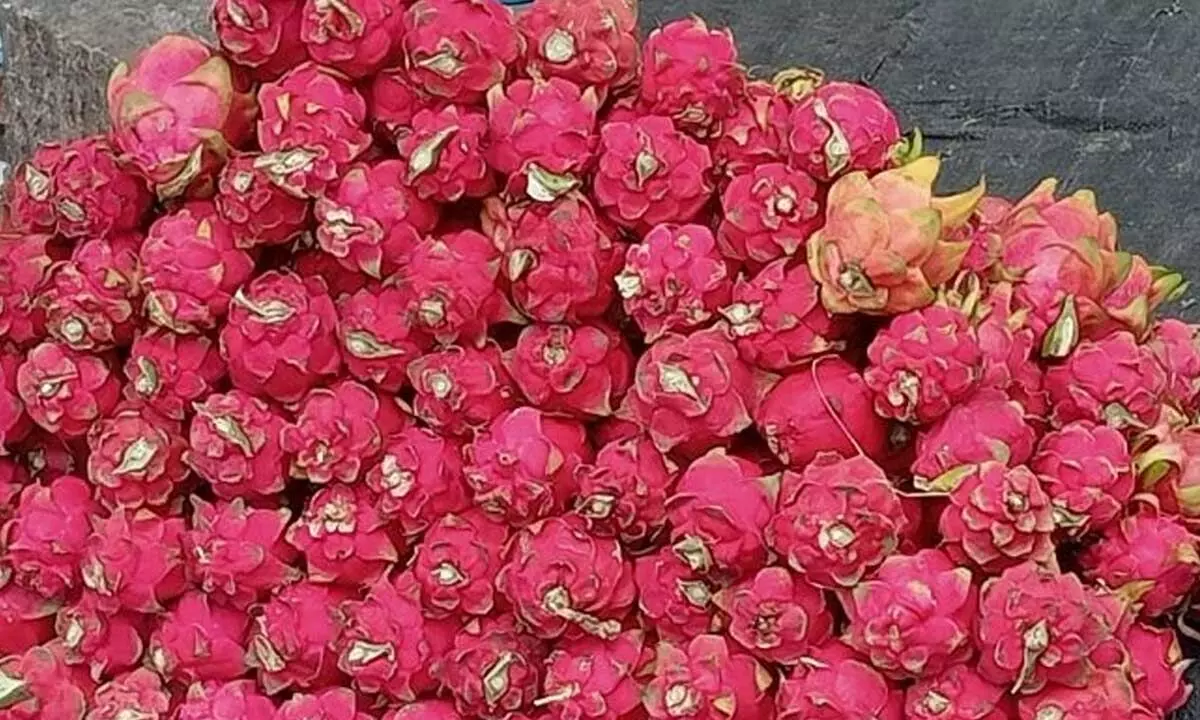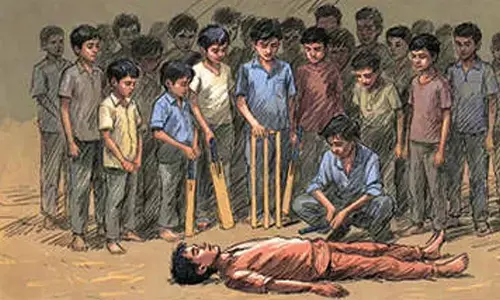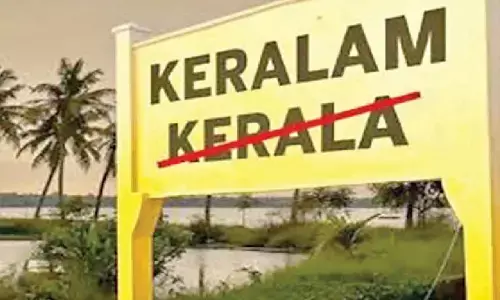A retired teacher leads the way by cultivating dragon fruit

Kallem Subhash Reddy, a 68-year-old retired government teacher from Choppadandi town in Karimnagar district, is leading the way by cultivating dragon fruit in his agricultural land.
Karimnagar: Kallem Subhash Reddy, a 68-year-old retired government teacher from Choppadandi town in Karimnagar district, is leading the way by cultivating dragon fruit in his agricultural land.
Three years ago, three boreholes were drilled in his agricultural land, but due to lack of water, he chose to grow dragon fruit because of the low water requirement. Also, since it is being said that this fruit is being imported from other states, it will be available to the public if cultivated locally.
To cultivate an acre of dragon fruit crop, about 6,000 plants are required and the cost of one plant is Rs 45, from the time the plant is planted, the investment cost is Rs 6 lakh to 7 lakh per acre. In the cultivation of dragon fruit, various types of materials and tools are needed.
To protect the plants poles of about 7 feet height are taken up to Rs 500 each. Also, 60 stone poles at a height of 9 feet at Rs 400 each were erected around the dragon fruit garden to protect the crop from wild boars and other animals.
Also, supplying water to the dragon fruit plants is done through drip irrigation and till these plants grow, the plants need to be taken care of very carefully until the harvest is reached, Subhash Reddy said speaking to The Hans India.
He said the fruits are sold at Rs 200 per kilo and one can get profit for about 25 years once the cultivation is started and the investment will decrease after the first time. Dragon fruit plants have to be provided either free of charge or at subsidised rate. It is very difficult for famers to market after harvesting the dragon fruits and facing a lot of trouble because they don’t know where to sell, so the government should provide marketing facilities for farmers through the Horticulture Department, said.
As the government suggests to inter-crops, they should supply plants free of charge or subsidised and if such opportunities are provided, other farmers will also cultivate crops other than rice, he said.




